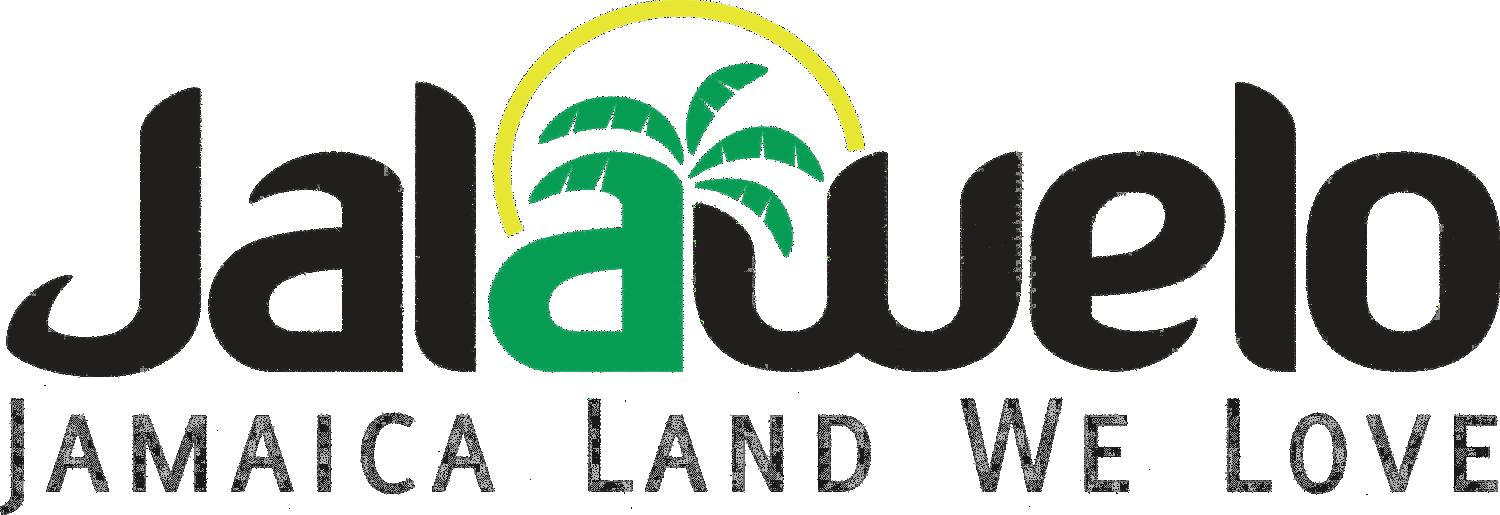Oppression Wears Many Hats
In this blog post we are going to outline concepts related to oppression as discussed by Morton Deutsch in his article: A Framework for Thinking About Oppression and Its Change. Oppression is defined as injustice that is systemic, widespread and repeated. The following five forms of oppression are identified:
Distributive injustice
Procedural injustice
Retributive injustice
Moral exclusion
Cultural imperialism
Distributive injustice results when there is an unjust distribution of the benefits, costs, and harms a society has to offer. Benefits include income, education, healthcare, police protection, housing, water, and the like. The costs related to the delivery of these benefits may be more for some segments of the population. Examples of harms include crime, accidents, rapes, and imprisonment. The benefits and harms may distributed differently based on wealth, race, gender, and age.
Procedural injustice is about whether or not the distribution process is seen as being fair. Not only must outcomes be fair, but the way in which those outcomes are decided must be fair. All persons must be treated with dignity and respect and there must be input in the decision-making process from a variety of sources.
With retributive injustice, people are treated differently when rules and laws are broken. So, for example, the wealthy or the politicians may receive a mere slap on the wrist for an offense that would result in stiff penalties or even arrest for regular or poor citizens.
Moral exclusion speaks to the reality that not all persons are regarded as being worthy of equal treatment or favors and when individuals fall outside of our moral community we are able to treat them unfairly and as even being expendable.
With cultural imperialism, there is a dominant group that stereotypes others in society.
It is easy enough for us to be oppressed and also to be agents of oppression. When we accept stereotypes about people without question and allow our beliefs about others to impact the way we treat them or the things we believe about them, we can unwittingly help to perpetuate systemic oppression.
The best way to reduce the likelihood of being an oppressor is to get to know people who are different from ourselves and to learn to embrace them in spite of these differences, always remembering that we are all created in the image of God with dignity, value, and supreme worth.

